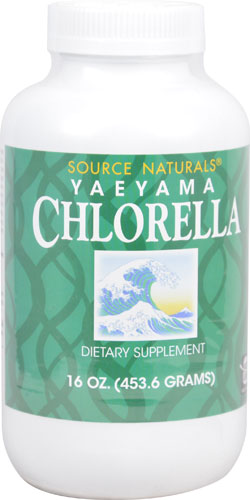Nearly one-fourth of Americans eat less meat than they did a year ago, according to a Gallup Poll released in January 2020. And some of them have become vegan.
Yet these new vegans — and even current vegans — might not realize that while they’re cutting meat and other animal products out of their diet, they’re also cutting out a key source of vitamin B12.
What does vitamin B12 do?
As explained by the National Institutes of Health, vitamin B12 is a nutrient that helps keep the body’s nerve cells and blood cells healthy and helps make DNA.
Natural sources of vitamin B12 include meat, fish, poultry, eggs, milk and other dairy products. But all of those, of course, wouldn’t be on the menu of a vegan. As a result, some vegans might experience vitamin B12 deficiency.
Vegan B12 Sources
Therefore, vegans must find vegan-friendly ways to ensure they’re getting enough vitamin B12. One way is to eat breakfast cereals, soymilk, nutritional yeast and other foods that are fortified with vitamin B12.
The National Institutes of Health says most Americans get plenty of vitamin B12 from the foods they eat. But some people have trouble absorbing vitamin B12 from food. As a result, vitamin B12 deficiency affects 1.5 percent to 15 percent of Americans, the federal agency says.
“There are very few plant-based sources of B12, and if vegans are not cautious, it is easy to become deficient,” warns registered dietitian nutritionist Shena Jaramillo, who is a vegan. “This is especially true if vegans are very conservative and not willing to consume anything living, including microorganisms that will produce B12.”
Nurse practitioner Vera Astashina says those microorganisms include algae such as chlorella pyrenoidosa and spirulina, and a Japanese seaweed known as nori.
A vegan also can take daily vegan B12 supplements to boost intake of the vitamin. Most multivitamins include a sufficient amount of vitamin B12. The vitamin also is available in B12-only supplements. Aside from pills, B12 is available in sublingual (under the tongue) form and as a prescription shot or nasal spray.
Jaramillo says there’s yet another way to get B12. But she doesn’t recommend it.
“B12 is also found in the dirt plants come from, but eating dirt is not appealing to most and is also unsafe. It is also unlikely that you will get the quantity of B12 you need in sufficient levels from eating dirt,” she says.
How much vitamin B12 per day is needed?
The National Institutes of Health recommends that the average adult include 2.4 micrograms of vitamin B12 in their daily diet. Your health care professional can test your blood to determine your vitamin B12 levels. Diets that are strictly vegan provide only 0.3 to 0.4 micrograms of B12 per day, Astashina says.
“It takes about five years to deplete stored B12 in the body, so most people may not feel the deficiency until they start developing serious symptoms, and some are irreversible. It’s a truly pernicious problem,” Astashina says.
If your B12 levels are too low, this can cause anemia, tiredness, weakness, constipation, loss of appetite, weight loss, and numbness or tingling in the hands and feet, according to the National Institutes of Health. Other symptoms include depression, confusion, dementia, poor memory, soreness of the mouth or tongue, and problems with balance.
“Vegans should check their B12 levels annually to ensure they are getting adequate intake,” Jaramillo says.




